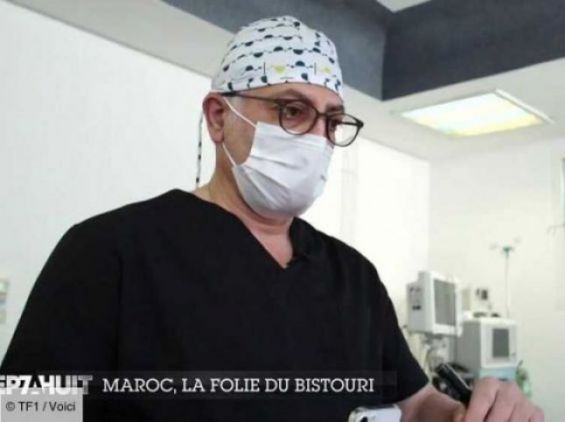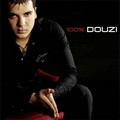French free-to-air television channel TF1 has chosen to focus on cosmetic surgery in a documentary that portrays Morocco as a very «conservative» country. Entitled «Maroc, la folie du bistouri» ('Morocco, the plastic surgery craze'), the report addresses the «phenomenon», with a series of stereotypes and prejudices about Morocco and women in the country that opt for plastic surgery.
Petit mot spontané pr @7a8
— Rita M (@RitaMediaManiaK) February 7, 2021
1.Vs avez choisi le médecin le plus sulfureux de Casa pr représenter la médecine marocaine.
2. La seule contradiction émane d’une journaliste et a duré une seule minute. L’avis d’autres médecins auraient été la base.
Indeed, the report introduces the Kingdom as a «conservative» country with «Western values». The program mentioned «forced marriages» and «polygamy» in contrast with a new class of young and rich girls who want to look «Instagrammable».
This youth, according to the same report, wants to «stay young» and is concerned about «physical appearance» in opposition to «conservative values» in Morocco.
Les nanas avec les pommettes aussi gonflées que les seins et que les fesses, c'est juste... Flippant...#septahuit
— stram ⭐⭐ (@amstramgraff) February 7, 2021
The report mentions the case of two girls who are active on Instagram and «discrete about their sources of income», assuming that in the Kingdom, «moral customs are ubiquitous» and «young people must hide» to exercise their freedoms.
To the report, these young men and women find refuge in plastic surgery sometimes without the consent of their families. Some of them would, accordingly, even contract consumer loans to afford these surgeries. The report gives the floor to famous plastic surgeon Mohamed Guessous. Cameras even follow him into his operating room where he «admires» his work.
A spa owner in Casablanca also testifies with her face uncovered, to talk about her first cosmetic surgery 15 years ago. «We are modern, but we accept veiled girls», speaking of her assistant who wears the veil.
Sarcasm and derision to mock stereotypes
With explicit images showing curves in close-ups, caricatured attitudes of those interviewed and numerous prejudices, the report has been criticized and derided on social media. Under the hashtag #septahuit, Moroccan internet users slammed the report that enhances stereotypes about Moroccans.
«The report was rubbish. All I recall from watching it is talks about surgery and religion. When you have never set foot in Morocco, your opinion on the country can quickly be tainted», wrote an internet user. «A horror of surgery, we have the impression of seeing mini Bogdanofs everywhere. The girls are 25-35 years old when you look at them you see 60-year-old ladies with botox. No nose, lips like Michelin tires, frog cheekbones, and horse butts», another one added.
«I am blown away by this report. It will not help young people to accept themselves as they are. Anything to please others at all costs», regretted another person.
Les kim karda du Maroc ! C est pas des Ferrari désigne, c est plus des pigeots des années 90 tuning #septahuit
— dieu le jambon (@JambonLe) February 7, 2021
The health risks associated with a surgical operation sometimes requiring general anesthesia has also moved some Internet users. «They are sick. For my part, when I have to barely do blood tests I prepare myself mentally for it all night. When I see all this butcher's material, it's madness», yet another Internet user says with worry.





 chargement...
chargement...













